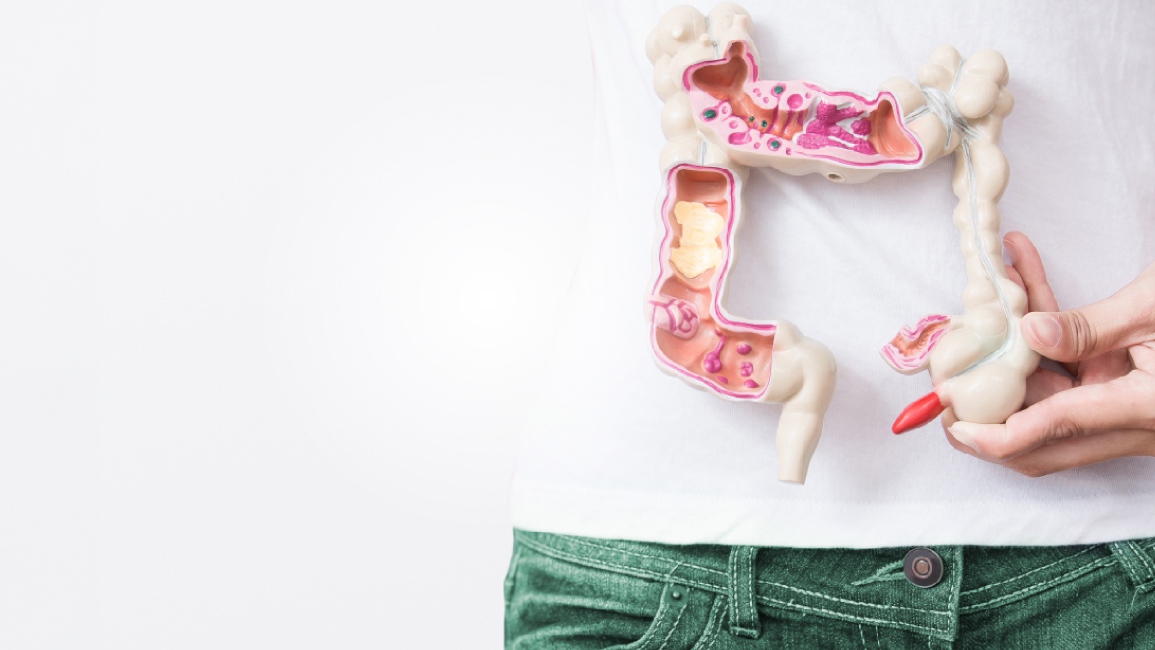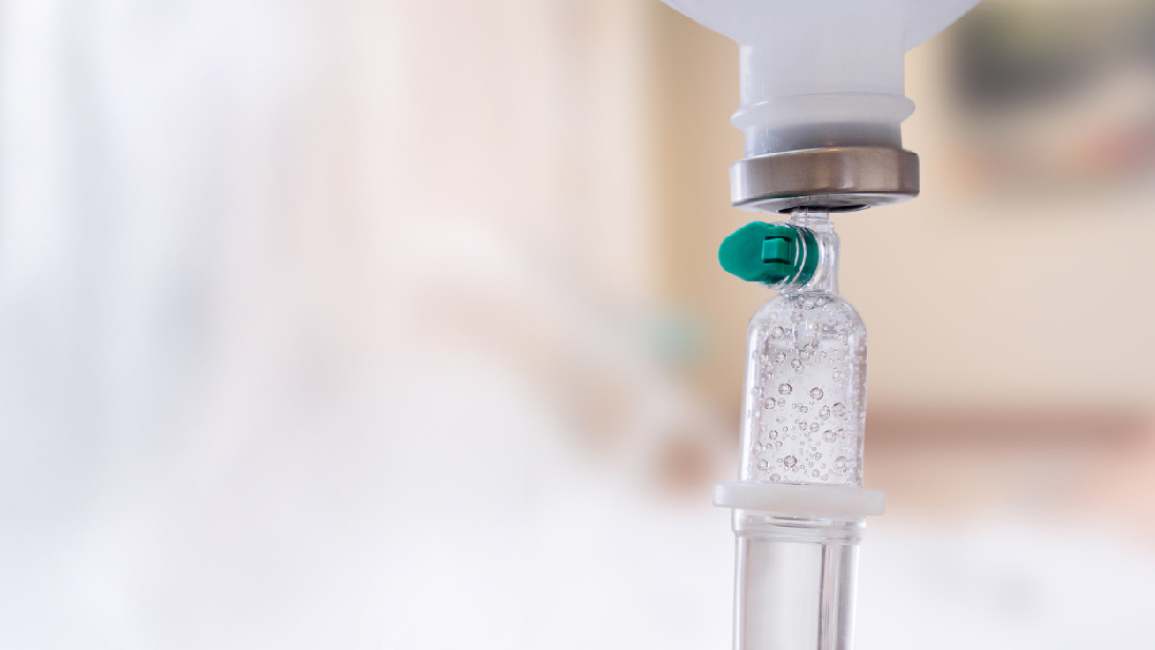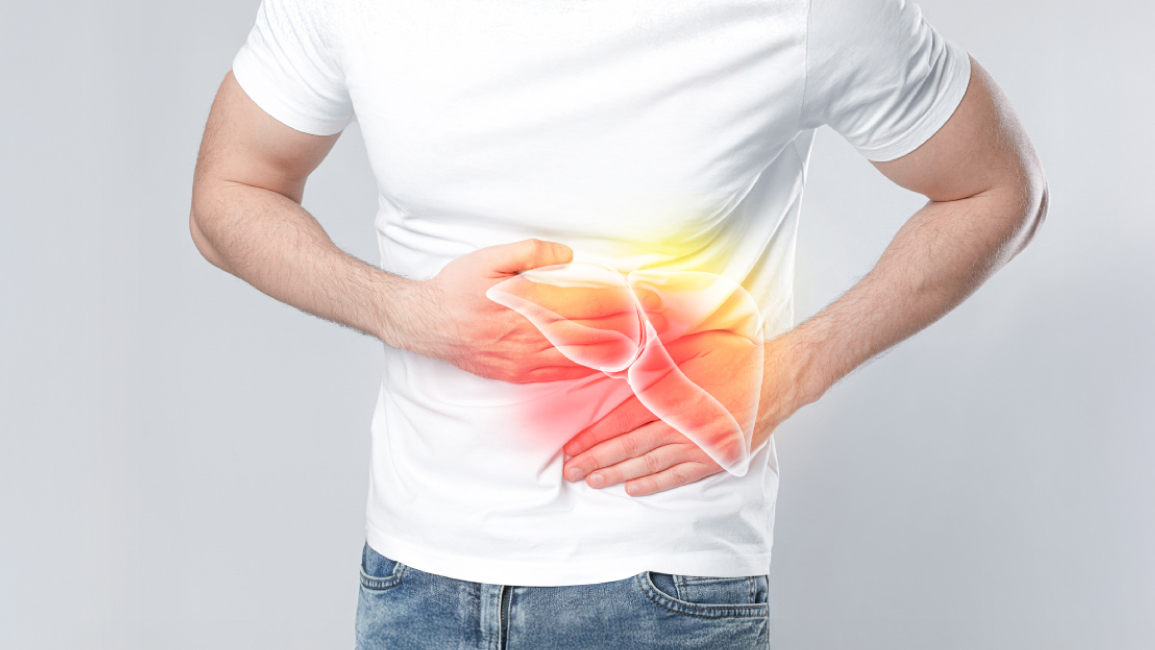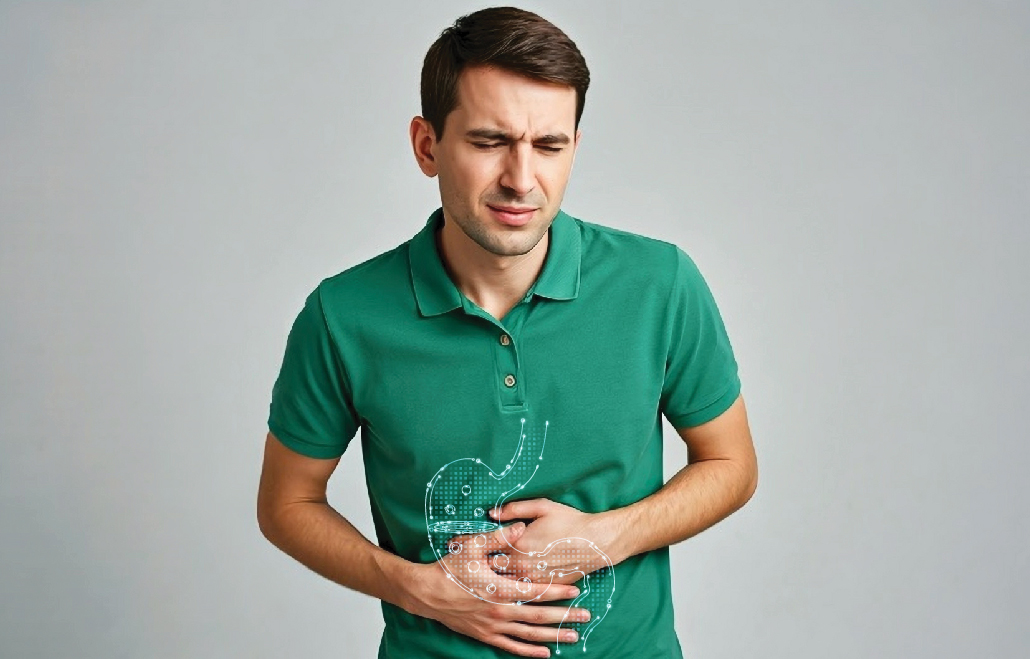Diarrhea
Center : Gastrointestinal and Liver Center
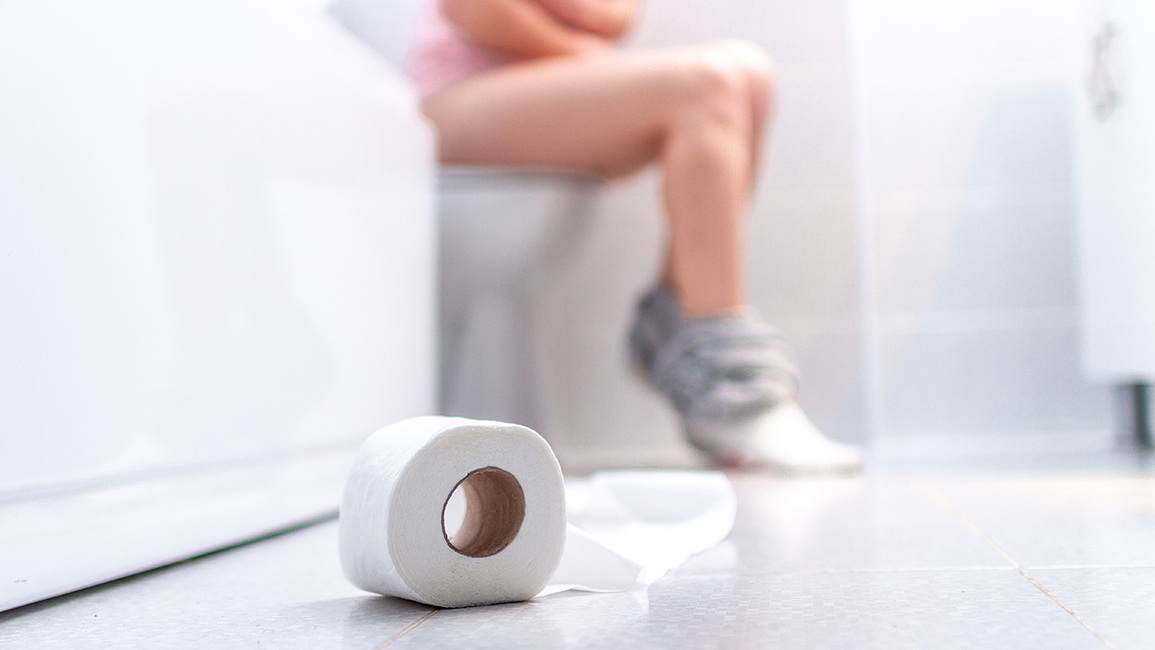
Diarrhea is the condition of having at least three loose, liquid, or watery bowel movements within a day or having blood or mucus in the stool only once. Diarrhea is common and has many causes. In most cases, symptom is mild and will disappear by treating dehydration and eating the right foods. This is because defecation is a body mechanism to drive waste, toxins and pathogen from the body.
Causes of Diarrhea
- Infectious from unclean foods and water
- Allergic to certain foods such as milk due to lack of digestible enzymes: lactose in milk
- Excessive stimulation, such as eating too much or drinking alcohol
- Intestinal disorders
Other Common Symptoms
- Nausea and vomiting
- Intermittent abdominal pain and sharp pain due to severe bowel compression.
- Having a fever in the case of infection in the intestinal infection
- Exhaustion due to dehydrated of water and minerals which is lost through defecation
- If the body dehydrated from water and mineral quickly and severely may shock leading to death. Special care must be provided in children, elderly and people with low immunity, including patients with diabetes, kidney failure, cirrhosis, and patients who received immunosuppressants or chemotherapy as well as AIDS patients.
Self-care advices
- When nausea, vomiting, stomach ache, or diarrhea occur, stop eating for 2-4 hours to allow the intestines to stop working.
- After that, drink mineral salt mixed in clean boiled water (according to the proportions on the label) or use self-mixed saline solution. The saline solution can be done by using 1 bottle of boiled water about 750 ml mixed with 2 tablespoons of sugar and 0.5 teaspoons of salt. Drink it instead of water.
- Refrain from drinking milk until the diarrhea is stop.
- Refrain from taking foods that are easily digested, such as rice, rice porridge and rice water
When to visit the doctor
- Diarrhea does not improve within 24 hours and feeling fatigue.
- Patients with low immunity
- Children or the elderly that dehydration severely and cannot eat food
- Vomiting severely can't eat or drink water
- Bloody stools
- High fever and shivering
Caution
Taking medication to stop diarrhea causes the pathogen to stay in the intestine longer resulting in bloating, and distension. Taking antibiotics and disinfectant are unnecessary as they may cause drug allergy or drug resistance. Therefore, consult the doctor before using medication.
Prevention
- Select freshly cooked food without swarming of flies and drink clean water
- Wash hands thoroughly every time; before food preparation and before eating including after going to the restroom.
- Before buying canned food, select a reliable brand. The label is completed, not fading, showing the production location, production date and expiration date clearly. There should be no dents or bulging on the can.
- Avoiding unfamiliar food such as certain seafood, poisonous mushrooms and meats.
- Vegetables or fruits should be washed or soaked before eating.
- Eliminating waste and sewage so as not to be a breeding ground for flies.
Online Consultation
Free of Charge
Article of Gastrointestinal and Liver Center


